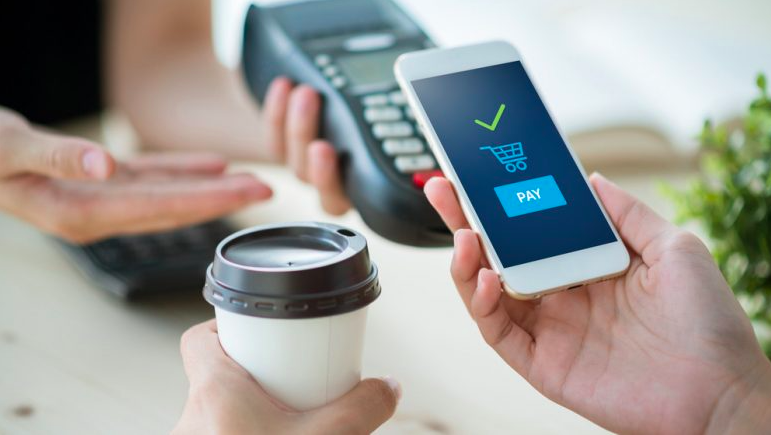Mobile phones have revolutionised the way we carry out commercial transactions. Twenty or more years ago it would have been impossible to imagine searching, browsing and ordering clothing online, or booking a holiday, or watching a film, using just a small touchscreen computer held in the palm of your hand. Right now there are many different ways in which these transactions can be made, from traditional credit and debit cards to mobile payment services that charge to your phone bill.
As more and more of us choose to eschew the traditional banking services for mobile-based ones, it’s important to learn how they work and whether they are as secure as they claim to be before you start using them. So to help you, our writers have picked out three of the very latest mobile payment services to report back on.
Apple Pay
Of our three payment systems, Apple Pay surely carries has the best brand value. Launched in 2014 by one of the most successful computer companies of all time, Apple Pay allows you to purchase goods or services without having to access any third-party website in the process. It is super-convenient and can be used both in the online environment and at land-based retailers.
The only drawback of course is that you must have an Apple phone to use the service. But when you have one, all it takes is to connect your debit card to the app, then you are good to go. It is a very secure way of making payment because it requires you to use your own touch-id fingerprint or face recognition to confirm your identity each time you use it.
This option has become hugely popular everywhere from online ticket sales to Apple Pay Casinos and it’s not hard to see why. It’s our number one choice for anyone looking for a new mobile payment option.
BOKU
A much less popular, but nonetheless effective payment service for mobile phones is BOKU. We chose to highlight the advantages of BOKU because unlike Apple Pay it is more of a ‘micro payment’ service. It is popular in many industries, and in particular in online gaming.
The principle advantage of BOKU is that it allows the user to make deposits or pay for goods whilst charging the transaction to their phone bill, or even their pay as you go credit. This means there is no need to share any bank details with the retailer. The only downsides are that BOKU sets a limit of £30 per day in payments, and doesn’t include a withdrawal option. So if you are using the service for a gaming account for example, you will need a separate service to withdraw to.
Nevertheless, for convenience and speed, BOKU is one of the best modern mobile payment options.
Paypal
Our final banking option for mobile phone users is not exclusive to handsets but is hugely popular because of the app service the company provides. Paypal has been around for decades and is now a publicly listed name on Nasdaq, so it carries a lot of weight in terms of trust and security.
The great advantage of using Paypal is that it allows you to open up a virtual wallet into which you can transfer funds. To then make a payment from your wallet you do not need to share your bank details with the retailer or service provider you are buying from. All you need each time you make a purchase is your Paypal username and password.
This can all be done through your mobile of course, with millions of online shops now accepting Paypal payments. And you can manage the account securely and easily through the app which is easily downloadable itself.
The only drawback of Paypal is the set-up. Like Apple Pay you will need to open an account and link a bank account to it. Paypal will also take a refundable micropayment from that account to verify it before you can use their service. But in reality this is a tiny inconvenience when you consider the advantages of using Paypal thereafter.
So, there are three mobile payment services to consider – which you go with will depend on your attitude to sharing personal information and which device you own. But whichever you choose, we can assure you that they all offer a safe and secure service.
